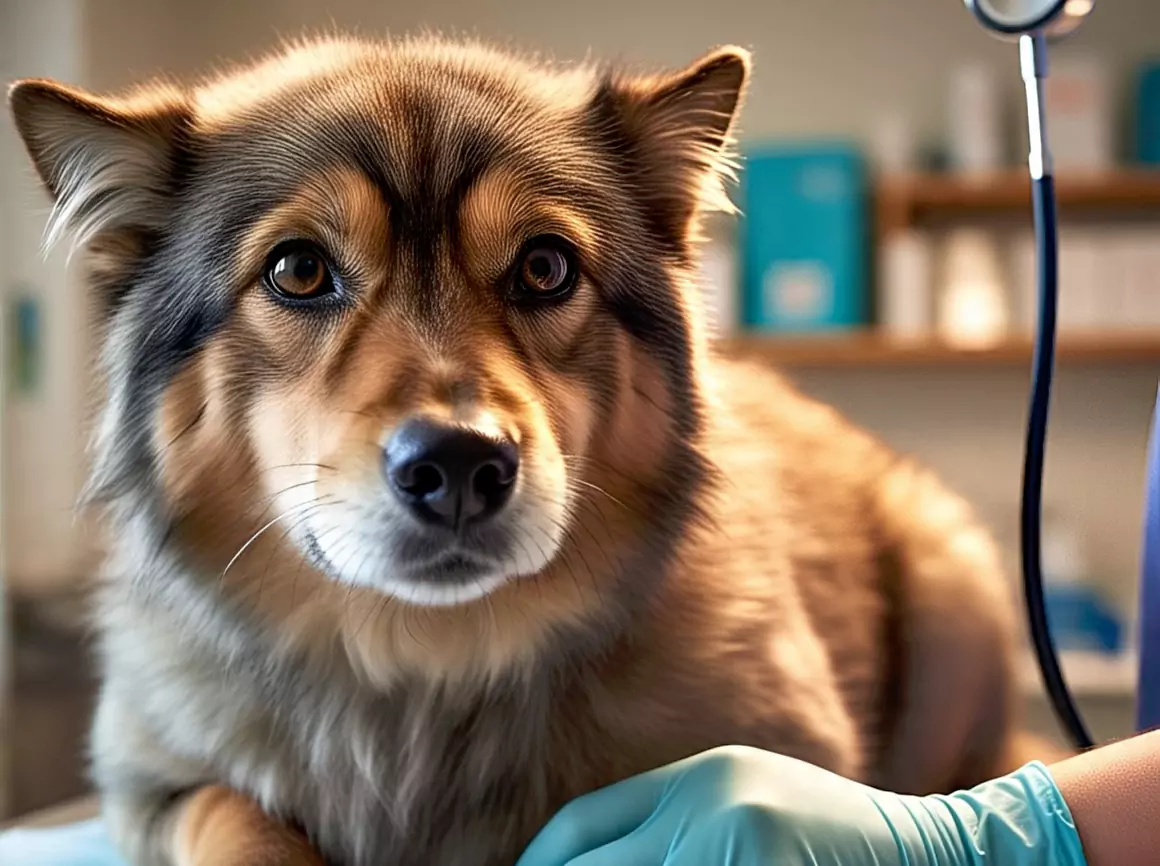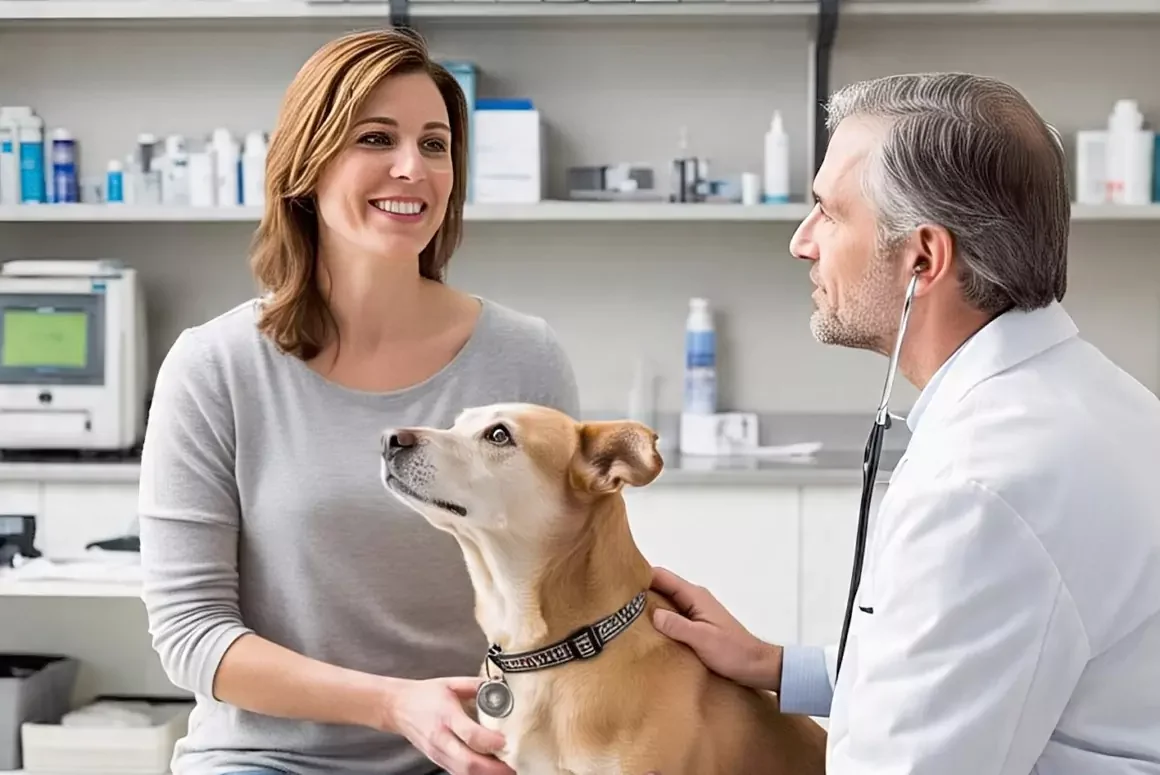As a pet owner, one of the most important responsibilities you have is safeguarding your pet’s health, and that starts with regular vet checkups. But how often should you book a trip to the vets? Whether you’re a new pet parent or have had your furry friend for years, it’s important to establish the right schedule for vet visits to make sure your beloved pet has a healthy and happy life.
From routine wellness exams to age and breed-specific care, it’s a good idea to take your pet for annual or bi-annual check-ups at the vet, although these visits may be more frequent if your pet has ongoing health issues. You should also take your beloved pet to the vet if you notice any unusual behaviour or symptoms, such as vomiting or low energy. Below, we’ll explore why these checkups matter, how they can change over time, and when you should seek extra care or advice.
Why Regular Vet Visits Matter
Preventive care is one of the best ways to help make sure your furry friend is (and stays) healthy. Routine visits to the vet will help detect health issues as early as possible, often before symptoms appear. This can help make treatment more effective for your pet and less expensive for you as an owner, as the vet can treat them early on before the issues have a chance to progress.
An annual or bi-annual trip to the vet can help you and the vet monitor everything from your pet’s weight to their dental health, organ function, and behaviour. Any of these can subtly change over time and indicate an underlying health issue, which should be quickly addressed.
Making sure your pet has regular exams will also help your pet stay up to date on vaccinations and parasite control, which reduces the risk of serious illnesses developing. Your vet can thoroughly check your pet for signs of fleas, ticks and other parasites and prescribe the relevant medication before the issue escalates.
Signs Your Pet May Need an Extra Visit to the Vet

While annual routine check-ups are important, there may be times when your pet needs medical attention sooner. There are certain signs you should always look out for that may indicate your pet is feeling under the weather. As per the Dogs Trust, changes in appetite and weight (whether weight loss or gain), along with low energy and vomiting or diarrhoea, are signs that your dog (or other types of pets) should get a checkup with the vet. Frequent scratching, licking, or grooming could indicate skin irritation or allergies, while poor dental health can lead to more serious issues in the future.
You know your beloved pet better than anyone else, which means you can quickly recognise unusual behaviour. If your pet suddenly starts hiding, expressing aggressive behaviour or showing signs of anxiety, it could mean your pet isn’t feeling their best. While they may not be showing physical signs that they’re unwell, a change in your pet’s behaviour is a valid reason to book a trip to the vet.
Managing Vet Costs Without Skipping Care
Caring for your pet doesn’t have to mean breaking the bank, but skipping regular vet visits can lead to more serious (and costly) problems down the line. A good way to make sure your furry friend has access to the medical help they need is through having suitable pet insurance. This can help cover medical costs such as ongoing treatment and investigative tests, which can soon add up if you’re paying directly out of pocket.
You can get comprehensive pet insurance policies that cover unexpected accidents and illness from insurers such as Petgevity, which cover most pre-existing medical conditions. However, it’s a good idea to insure your pet as soon as you can, even if your pet is currently fit and healthy and has no pre-existing conditions, and schedule routine vet visits, as this will help detect and manage health issues early on and provide coverage just in case the unexpected happens.
It’s a good idea to set aside a monthly amount in a dedicated pet fund if you can, which can be used to cover costs that aren’t covered by insurance. These can be costs such as routine checkups, along with preventative treatments such as flea and tick tablets and sprays.
What to Expect During a Routine Vet Check
Checkups at the vet are usually straightforward and can help identify any issues in your pet before they develop. The vet will conduct a nose-to-tail assessment of your pet, looking at their eyes, ears, and mouth for signs of infection or dental disease, along with listening to their heart and lungs with a stethoscope. They’ll also look at their joints and muscles, as well as their abdomen for anything unusual.
You can speak with the vet over any concerns you may have, whether it’s your pet’s sudden weight loss or gain, or unusual behaviour (such as aggression or hiding). Your vet will also check that your pet is up to date with necessary vaccinations and may recommend optional ones based on lifestyle or risk factors.
Building a Healthy Relationship With Your Vet
Regular checkups for your pet allow your vet to track changes over time and spot subtle issues early. They can also identify any serious conditions before they develop, which can save both valuable time and money in terms of treatment.
Taking your pet to the vet regularly will also help them become more comfortable with this environment and the clinic staff. You can reinforce positive associations for your pet by giving them treats and bringing a favourite toy or blanket to help them feel more comfortable.
Making Vet Visits Part of Your Pet’s Wellness Routine
By scheduling regular checkups and staying on top of vaccinations and preventive care, you’re giving your pet the best chance for a long, happy life. Just as you would prioritise exercise, play and quality time with your beloved pet, you should also make sure they get regular care and attention from a qualified vet.
Annual or bi-annual trips to the vet are hugely beneficial for both you and your furry friend as they can spot issues early on and help your pet stay on top of preventative care, such as flea treatment and vaccinations. But don’t forget, if you do notice any unusual symptoms or behaviour, make sure to book a trip to the vets as soon as possible so your pet can get the right treatment (or at least put your mind to rest that your pet is okay).
Hopefully, your pet will avoid any serious health issues from developing in their lifetime, and your vet is a crucial part of helping this happen.


